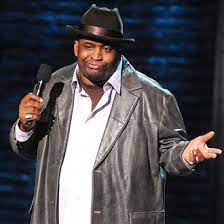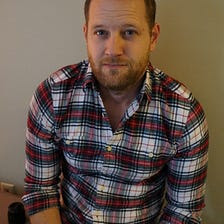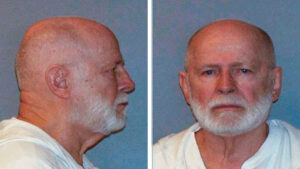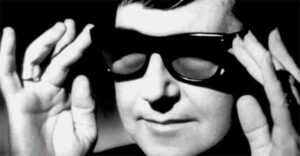How to Write a Book About Your Family History

For the past few years, my friend (and coeval) HB has been thinking about writing down his family’s story.
His parents and many of his uncles and aunts were holocaust survivors. He began collecting information and photos and clippings about them several decades ago. I’ve seen a smattering of his collection. It’s impressive. Daunting. Inspiring.
Several years after he began his research, I started digging into my (and K’s) family history. My sister D did much of the initial research, interviewing some of the relatives. I hired a young writer to follow up on D’s work. I even traveled to Ireland to meet some of my cousins on my mother’s side.
Worth noting if you do this: Your European (or whatever) family has probably NOT been breathlessly waiting for their American cousins to visit them all these years. You may get the chilly reception I got from my second cousin (once removed) when I tracked him down.
Act One, Scene One: Hero is knocking on a thick wooden door, the front entrance of a thatched-roof house on a hill overlooking the bogs.
Hero: Hi! Are you John Curran?
John Curran (eyebrows furrowed): Yes, that would be me.
Hero (huge smile): Fantastic! I’m Mark Ford, your long-lost cousin from America!
John Curran: So?
The Ford/ Fitzgerald family history is rich with names, birth dates, marriage certificates, and death notices of hundreds of descendants. There are some details as to locations and occupations. Even some wonderful stories. But those stories don’t compare to what HB has compiled. So I wasn’t surprised to get an email from him recently, telling me that he was determined to put all that he’s gathered into a book of some kind.
“I’ve decided I should go ahead write it down,” he said. “But I have this tremendous blockage of even starting to put it into words. My wife tells me I shouldn’t try to think it through before I begin. She says I should just start writing one story or profile and go from there. But I lack the confidence to do justice to the information. I also know that it will be lost if I do not. Any suggestions?”
I told him that I thought his wife’s advice was very good. “Since you are not an experienced writer and/ or biographer,” I said, “it’s best NOT to try to plan it all out in the beginning, however tempting that might feel. That’s just a subconscious tactic for putting it off until it’s too late. It’s better to do exactly what she says. Start with one person or one story, write it down, and then move on from there. However, if I were in your shoes (no writing experience and still busy with my life), I’d begin by hiring a genealogist to help put together the family tree. It’s not difficult if you have enough information, which I think you do. And when that’s complete, I would hire a professional biographer/ ghostwriter and work with him or her to turn that tree into a family history.”
For anyone reading this who would like to do some genealogical research on their own, here’s some information to get you started:
The difference between genealogy and family history
Genealogy is the study of family ancestors with pertinent data such as birth, marriage, and death dates. Family history is an in-depth study of a family lineage with greater emphasize on and clarification of each ancestor’s life story.
The basic process
Start by going back to your grandparents (four individuals), your great grandparents (eight individuals), and then your great, great grandparents (16 individuals). Going back to your great, great grandparents would place their birth lineage to the 1820 to1830 timeframe. Go back another hundred years to the 1730s and you have your great-great-great-great great grandparents. And they alone number 128 people. Which means there are many individuals to track and locate information about to create a full family history.
The role of DNA testing
From the NYT: “In America, the question of ‘Where am I from?’ usually means, ‘Where did my family live before they arrived/ were forcibly shipped to America?’ Recently, there’s been a push to answer that question through DNA tests, which claim they can tell us exactly what percentage Norwegian or Nigerian we are. But there are catches. The tests can compromise our privacy, with the possibility that our genetic information could be sold to third parties without our knowledge. And they don’t truly reveal our origins so much as reveal who has similar DNA right now. Also, and perhaps more important: Culture does not come from DNA. It comes from lived experience, traditions, and stories passed down from actual people who shape our perceptions of the world.” To read the full NYT article, click here.
New resources, services, and options are added regularly on popular genealogy sites, including FamilySearch.org, a very large and very helpful free site. Also check out Ancestry.com and Archives.com.





